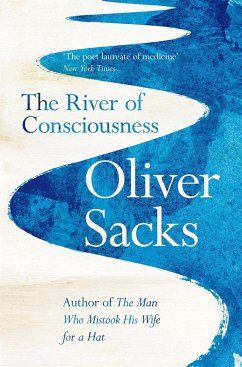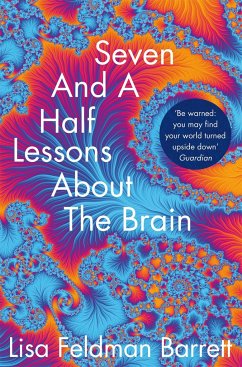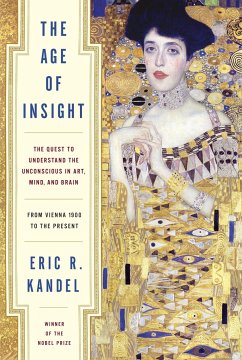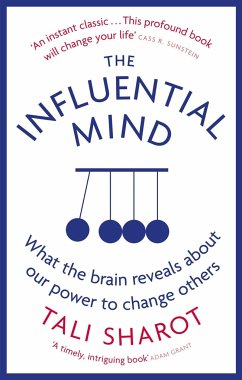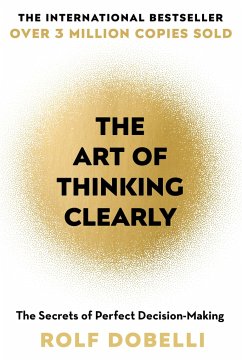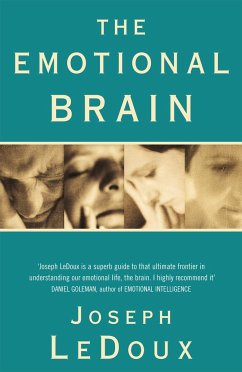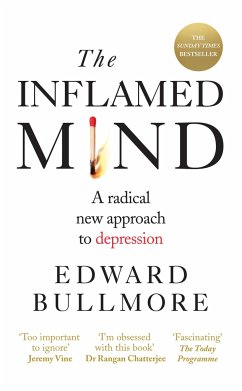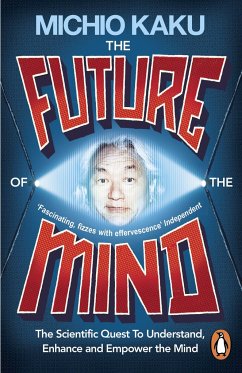Nicht lieferbar
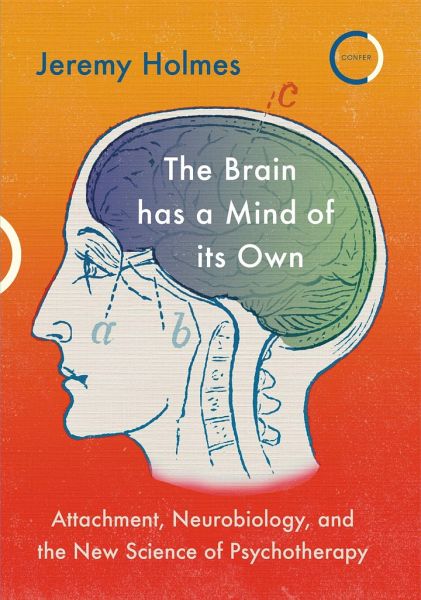
The Brain has a Mind of its Own
Attachment, Neurobiology, and the New Science of Psychotherapy
Versandkostenfrei!
Nicht lieferbar
Describing the neuroscientific basis for effective psychotherapy, Professor Holmes draws on the Free Energy Principle, which holds that, through 'active inference' - agency and model revision - the brain minimises discrepancies between incoming experience and its pre-existing picture of the world.






